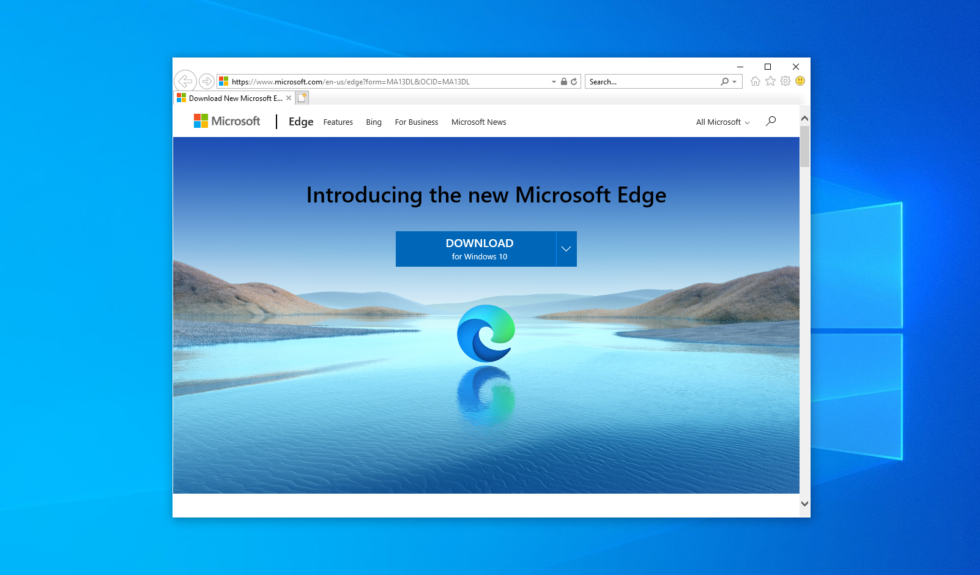-
 chevron_right
chevron_right
Quand Microsoft Teams s'affiche comme Skype, ou tantôt comme Chromium
Mathias Poujol-Rost ✅ · Tuesday, 16 February, 2021 - 19:43

Dans la version Linux de cette application propriétaire, le son habituel de l'intervenant est présenté par l'OS Linux comme étant #Skype.
Sauf les notification sonores de messages dans la discussion, utilisés par certains pour envoyer des extraits de texte ou des liens, évènement dans lequel le court son provoqué par l'envoi de message est présenté comme venant de #Chromium.
Quitte à se baser sur un navigateur, étonnant que MS ne se soit pas basé sur #Edge, son nouveau nom pour Windows Internet Explorer.






